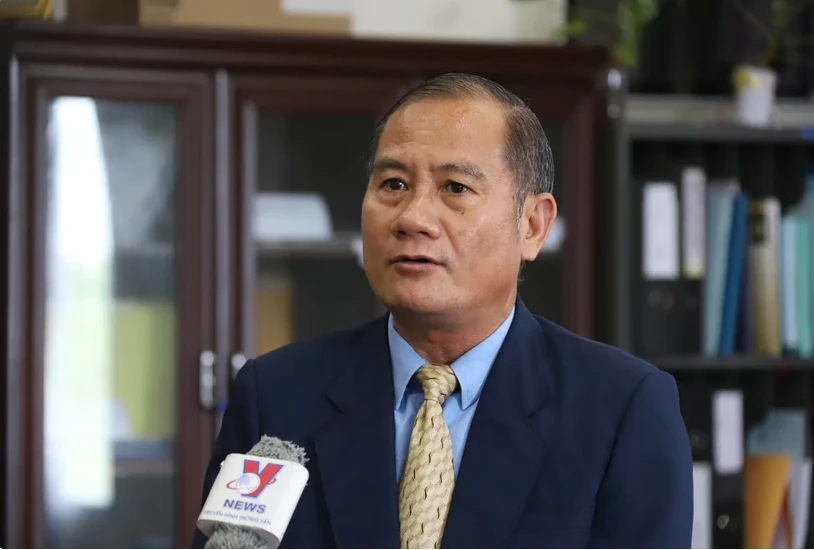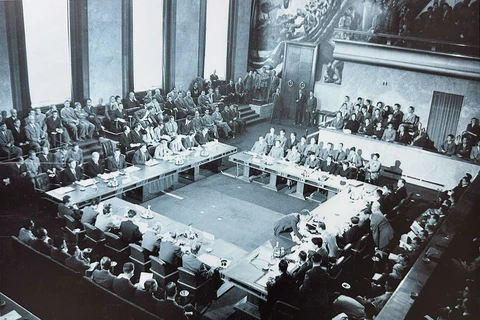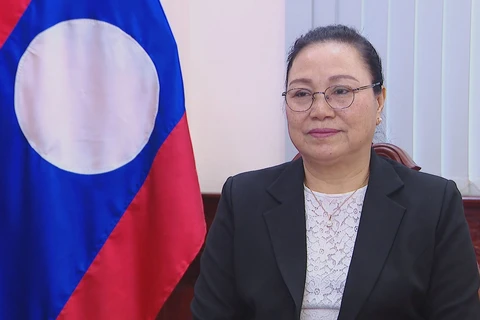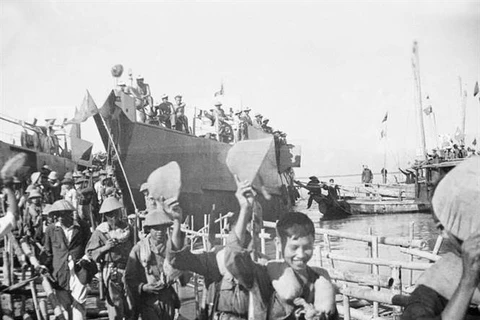
Vientiane (VNA) – The Geneva Agreement on the Cessation of Hostilities in Vietnam signed on July 21, 1954 is a victory of the Communist Party of Vietnam and the country’s revolutionary diplomacy, General Director of the Khaosan Pathet Lao (KPL - Lao News Agency) Khampheuy Philapha told the Vietnam News Agency.
The Lao news agency leader affirmed that the agreement held historic significance to the whole Indochina as it forced the old-style colonialism to end the war in Vietnam, Laos and Cambodia.
He highlighted that it is also an important historic milestone in the three countries’ struggles for national peace and independence, describing the Geneva agreement as a great victory of the patriotism and righteous revolutionary path of the Indochinese Communist Party (ICP).
He went on to say that the agreement demonstrates the smart and flexible diplomatic struggle, brave sacrifice, and solidarity within and outside the ICP.
After the Geneva Conference opened on May 8, the Vietnamese delegation carried out various international diplomatic activities alongside the diplomatic fight on the negotiating table, he said, adding Vietnam joined hands with countries, held press briefings, and had meetings with hundreds of social organisations and political communities to show its spirit of amity and resolve to fight against the invaders.
Vietnam’s stance garnered the support of the international community, forcing the colonial government to adopt a comprehensive settlement plan for Vietnam and the other two Indochinese nations.
In a statement following the conclusion of the Geneva Conference on July 22, 1954, President Ho Chi Minh announced that: “The Geneva Conference has concluded, and Vietnam’s diplomacy has achieved a great victory.”
Khampheuy Philapha stressed that with the conference, for the first time in history, the fundamental rights of the three Indochinese countries, including national independence, sovereignty, unity and territorial integrity, were recognised by global powers./.






















